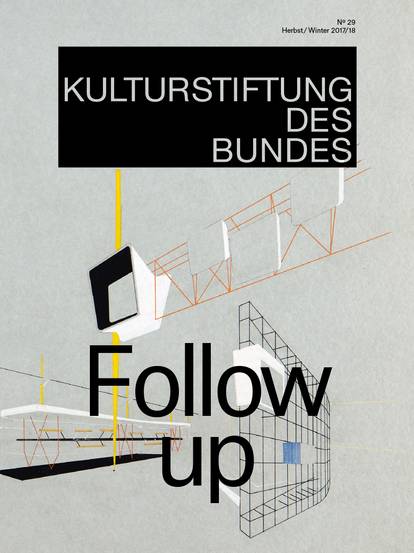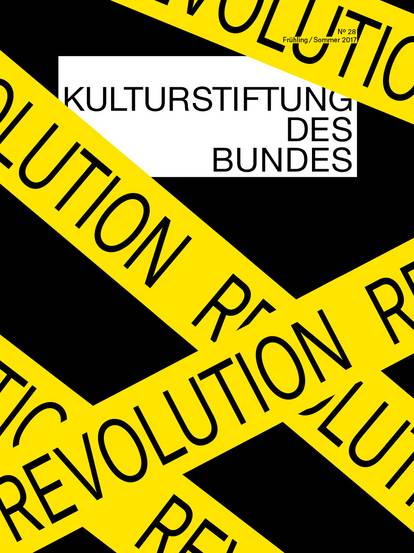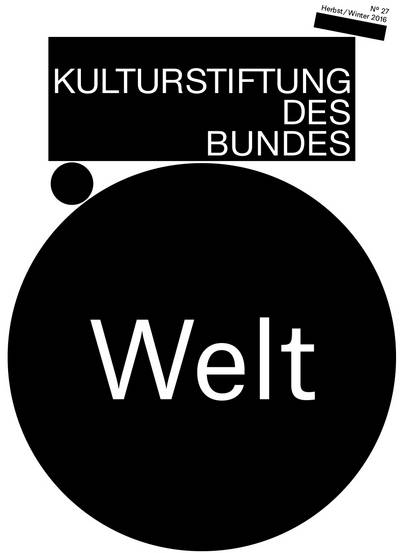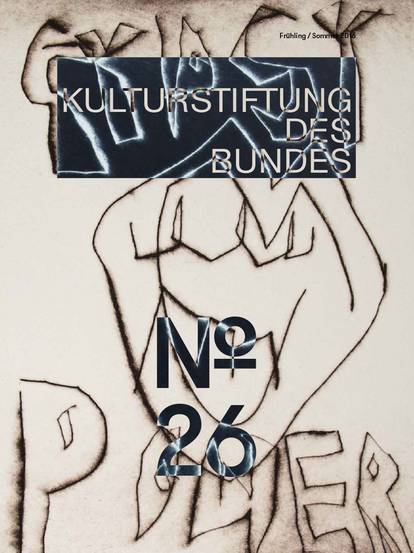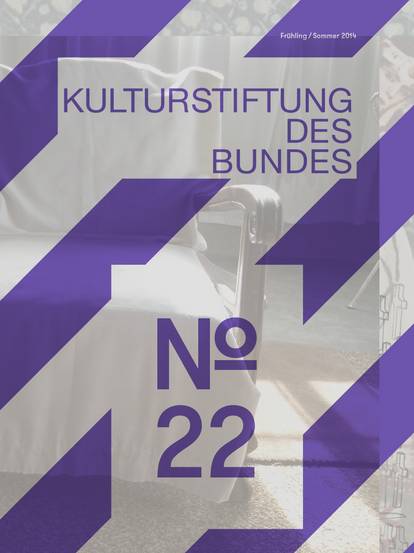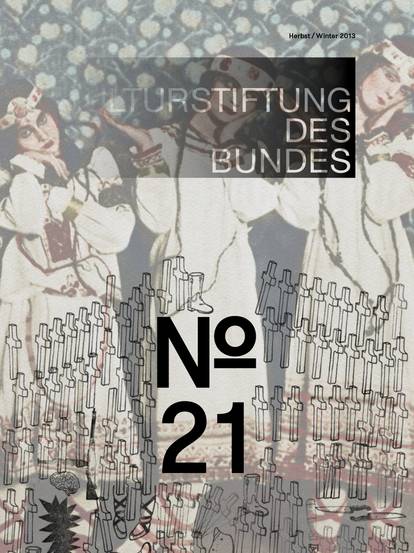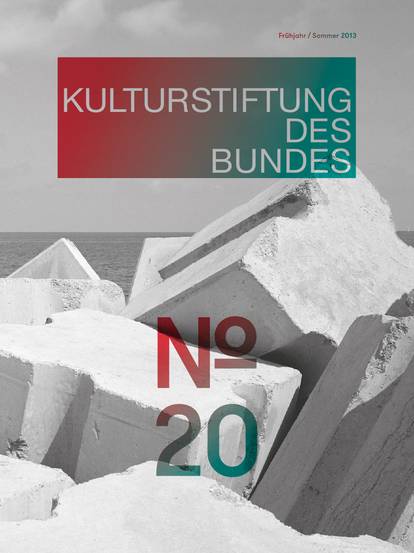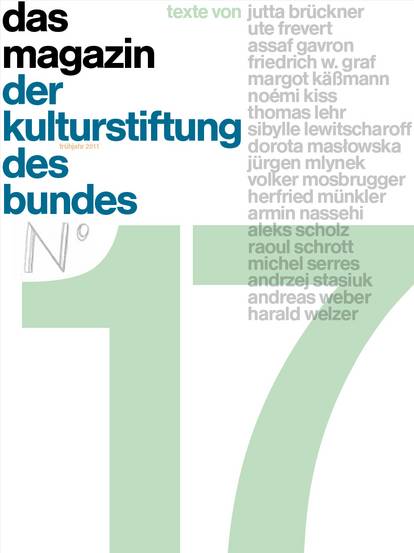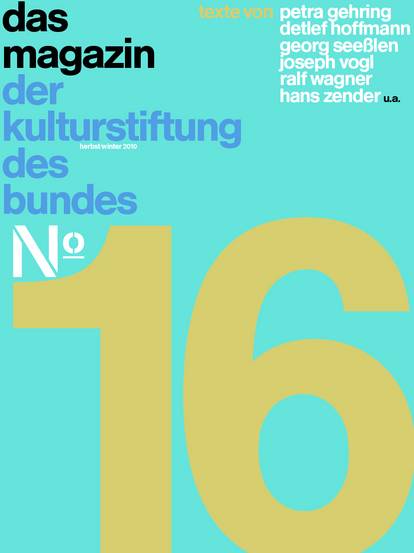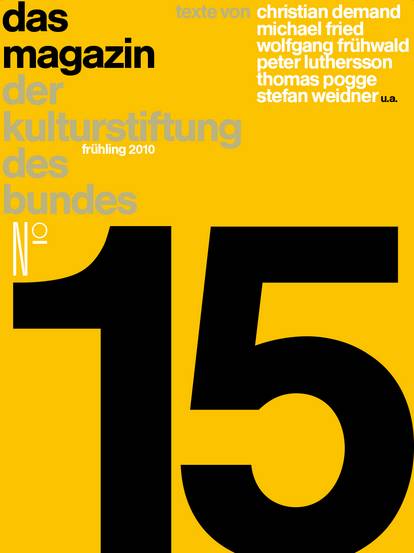The choreographer and dancer Florentina Holzinger and the philosopher Eva von Redecker discover they are driven by shared motivations – the desire to engage in controlled risk, trust in the collective power of the female body, and a strong wish to no longer allow tradition to dictate the future.
EvR I like to ‘try things out and see what happens’, or what you could call the ‘priority of practice’. There is no other alternative if you want to initiate change. That’s not to say that we should do things blindly, or that we shouldn’t closely and intimately address the obstacles that have always restricted what we can do. Your works, Florentina, which I’ve been thinking and dreaming about these past few days, are not examples of playful, spontaneous experimentation. Rather, they create feasibility in the face of obstacles, if I may interpret it that way.
FH Yes! It’s not like I absolutely love obstacles and deliberately go looking for them in my work, but they’re obviously there. They are problematic in different ways to different people, and in the cultural industry, they are felt particularly strongly. And that is probably the reason why I take such enjoyment in obstacles; they can be inspiring. In my life as a dancer, I have run into them again and again – institutions which have different rules or other views of dance and the body of a dancer. And that’s why it’s so important to me to decide on my own working conditions. Otherwise, you’re always the victim of those who arbitrarily allow you to exercise artistic forms of expression – or not.
EvR What I find especially impressive in scenes of your works is that it’s always about blasting, beating away the obstacles. You don’t politely, gently shift existing boundaries, but you engage in a more fundamental consideration: what are the institutions of power, where do the boundaries run? And can we somehow attack and dismantle them? Of course, one quickly realises that this is easier said than done. We are living in historic times when the greatest social mobilisation in American history is taking place on the streets! With respect to the Black Lives Matter protests, many are thinking out loud about whether we could do away with prisons and even the police. It’s truly amazing! People – even outside the art world – are daring not only to expand our scope of action, but to demand that the infrastructures of power be dismantled. Florentina, you once said in an interview that ballet is a practice that transforms the woman into a kind of phallic fetish for the purpose of symbolic exchange between men. That reminds me of the analyses by the French psychoanalyst and cultural theorist Luce Irigaray who asserted that all patriarchal social institutions are sustained by exactly this method of exchanging women. One cannot escape it by simply portraying the female body a bit differently. What we need is a completely new concept of other forms of exchange, for which these female bodies unite and collectively engage in an entirely different economic model.
FH In our collective work with female dancers, we often talk about the physical practice in which we engage with ourselves and others. Nonetheless, when concretely presented on stage, it’s about presenting a body that one can be comfortable with in this world and in this moment. How do we obtain it, how do we want to represent it, how do want to train it? That is why I ended up in dance. Because I had a passion to submit to the luxury of exploring such questions with my own body. Based on the first and always practical question, “what do we want to physically achieve as a group?”, other questions arise, e.g. “how do we make this possible?” and “where might this lead us intellectually down the road?”. For me, acting and thinking are inseparable in theatre. Everybody wants to be part of something intelligent, but they also want to see something spectacular.
EvR Regarding the spectacular aspect of your work, you often refer to the technique of bodily suspension, especially in your “Sylphidic Studies” where the idea of weightlessness plays a central role. As a theoretical term, suspension is enlightening because it encompasses the aspect of freedom, but also compulsion, which you and the participating dancers see as an important aspect in dealing with one’s body. You also brutally reveal the bloody discipline of 19th-century ballet, analysing it by distorting and constantly repeating its practices. You show that the weightless female body is basically the same one that has forever hung from a butcher’s hook. I think that is a magnificent image for the subjectification and violence, for the cattle-like quality, which historically pervades the lightness of these bodies in ballet. And on another level, there’s this unbridled aspect of contemporary bodies that rise in protest in the crossover of acrobatics, sex genres and whatever else you bring into play which allow you to fly by yourselves as your own pilots.
FH In the work on “TANZ” and “Sylphidic Studies”, this special, very unique term “suspension” primarily centres around the spectrum of movement of the sexless fairy beings portrayed in the ballet “La Sylphide”. These historical references are important because I and my work are in fact a product of these very violent circumstances – reflected, for instance, in the kind of training I received with its constant references to classical ballet. I myself enjoy watching ballet and will not stop taking pleasure – despite knowing its history – in a kitschy story. And I would also like to have the dream of flying, perhaps as revenge for the fact that the female body has been treated this way. That’s why we have no choice but to fundamentally rewrite the narrative of the genre.
EvR You describe a constellation in which – in the face of impossible circumstances – you dancers affirm the right to a different narrative about your bodies. In my book “Revolution für das Leben” (Revolution for Life), I call it the “affirmation of revolutionary practice” in the sense of Karl Marx and the Brazilian feminist Verónica Gago. This affirmation is simultaneously a model of fulfilment of very fundamental material needs. By giving someone what they need, by feeding them what they hunger for, one can create a foundation for far-reaching, alternative social relationships. Relationships which are not rooted in profit and competition, but rather affirm the person in his/her individuality. In terms of theatre practice, this is perhaps equivalent to the collaborative moment. Many theatre practices, which might come across as extreme to audiences, are based on an enormous degree of trust and protection that everyone must agree to amongst themselves. These practices are rooted in solidarity and demonstrate that it can be safe to do something seemingly impossible. We need this experience especially now, beyond the realm of art, at a time of converging crises which can only be overcome with other forms of solidarity. We are constantly forced to do things that might have seemed all but impossible before. The risk of getting infected and the necessary safety measures are currently isolating us. In our present situation, art like yours, Florentina, evokes the wish of finding safety through togetherness.
FH That is what theatre is especially good at, functioning as a laboratory for such imminent changes to our aesthetics and everyday practice. That’s where we play with our understanding of risk and its impact on an audience. But there’s always that key moment of conscious control and mutual protection of our testing arrangement. With my kind of theatre, I feel safer, better protected than when I move through public space – and not only in times of corona.
EvR There is this famous essay by Douglas Crimp from 1987, “How to have Promiscuity in an Epidemic”, which was published at the height of the AIDS epidemic. His basic argument is that abstinence will not protect us. But we, the radical queer scene, we, the ones who face physical harm, have learned a language for erotic needs and unconventional practices. In other words, our promiscuity will now help us find safe and innovative new forms to have “safe” sex under the conditions of an epidemic. The problem with Covid-19 is that it has suddenly affected our entire public and social life. I ask myself: can we now find a new slogan? “Our sociability will save us?” What are the techniques that we ourselves have and can mutually apply in smart experiments to react to the knowledge and risks of the current pandemic, this suspension of daily life that isolates us and our bodies?
FH In theatre, we are now performing for people who under the present circumstances consciously decide to come here and experience this encounter. What is driving them to do this? And what we will show them, what is driving us to begin working again? The cards are being reshuffled and that, I find, is extremely exciting.

![[Translate to English:] Magazine 38](/fileadmin/_processed_/f/1/csm_Magazin38_Cover-Vorschau_921x1230_689f428dc3.jpg)
![[Translate to English:] Magazine 37](/fileadmin/_processed_/b/c/csm_Mag37_Cover-Vorschau_921x1230_b5129fdb2a.jpg)
![[Translate to English:] Magazine 36](/fileadmin/_processed_/2/a/csm_Cover_Magazin36__issuu_2f3cef97bb.jpg)
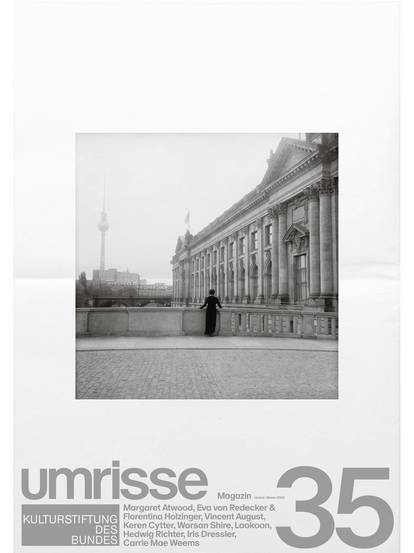
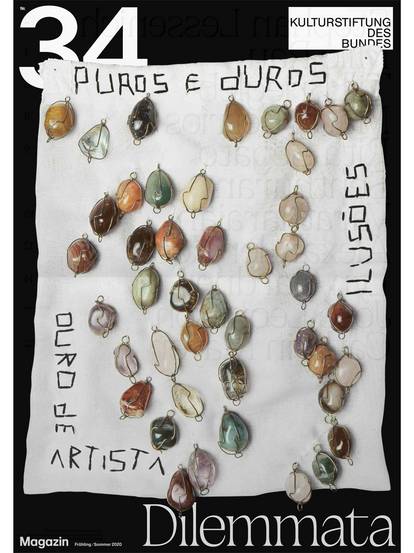
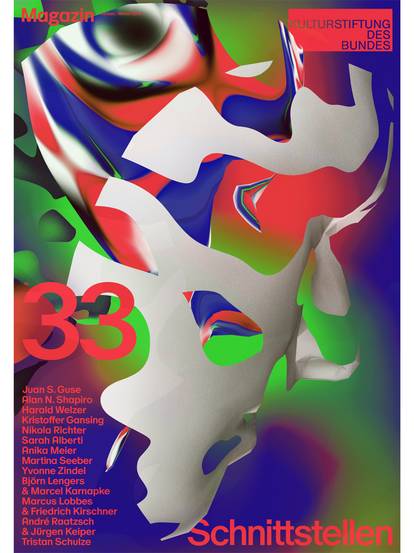
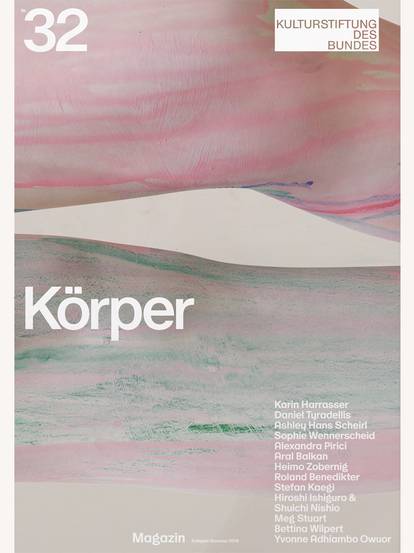
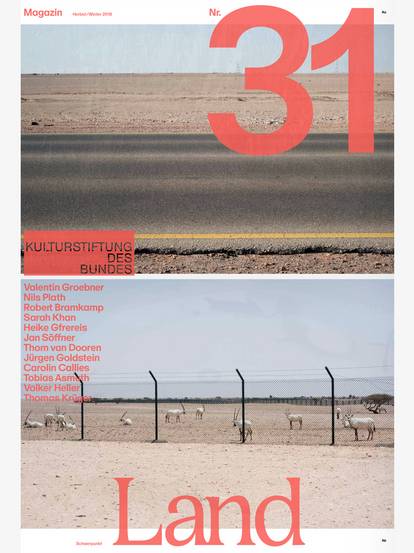
![[Translate to English:] Magazine 30](/fileadmin/_processed_/c/b/csm_magazin30_vorschau_9005f773d3.jpg)
